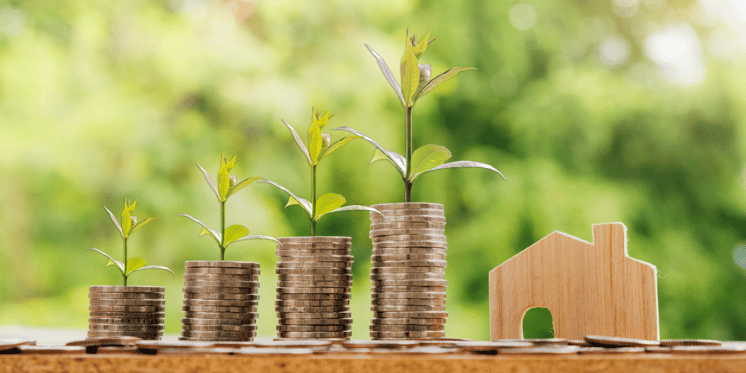Buying a home can be a huge milestone, beyond the upfront costs of the property itself, there's a spectrum of expenses that prospective homeowners should anticipate. Let's delve into these expenses that encompass not only the initial purchase but also the ongoing costs of maintaining your new investment.
Upfront Expenses:
- Down Payment:
- This initial payment is a percentage of the property’s total cost, typically ranging from 3.5 to 20% or more, depending on your mortgage loan. A larger down payment often leads to lower monthly mortgage payments.
- Closing Costs:
- The closing costs cover various fees required to finalize the home purchase. These costs can include appraisal fees, title insurance, and loan origination fees. The total closing fees typically range from 2% to 5% of the home’s purchase price.
- Home Inspection:
- Hiring a professional home inspector is a crucial step in the home buying process. The home inspector will assess the property’s condition, identifying potential issues like structural problems, plumbing issues, or electrical faults. By identifying these underlying issues with the property before purchase, you can avoid potential future costs. The cost for the home inspection can vary depending on the size and age of the property.
- Moving Costs:
- Moving costs can vary based on various factors and can encompass a range of expenses beyond the basics, such as: packing materials, hiring professional movers, renting a moving truck, and transportation costs to move your belongings to your new home.

Ongoing Expenses:
- Mortgage Payments:
- Monthly payments comprising of principal, interest, property taxes, and homeowners insurance (commonly referred to as PITI). Your mortgage lender can help accurately calculate these payments to help you budget for these expenses.
- Property Taxes:
- Taxes Levied by the local government based on the assessed value of the property. Rates vary by county and are a significant ongoing expense for homeowners.
- Homeowners Insurance:
- Essential for protecting your home and personal belongings against damage or loss due to various risks including fire, theft, or natural disasters. These costs vary depending on the coverage level, location, age of the home, and other various factors.
- Utilities:
- Monthly expenses for essential services electricity, gas, water, sewage, garbage collection, and possibly other services. Utilities can fluctuate based on seasonal usage.
- Home Maintenance:
- Regular upkeep costs, including lawn care, HVAC servicing, gutter cleaning, pest control, and other minor repairs that arise over time.
- Homeowners Association (HOA) Fees:
- If you are purchasing a home that belongs to an association, these fees cover communal amenities, maintenance, and sometimes insurance. Association dues can vary widely based on the community and its offerings.
- Emergency Fund:
- It’s also a good idea to set aside a reserve for unexpected repairs or emergencies, ensuring you can cover sudden unexpected expenses.
Purchasing a home is more than acquiring a place to live; it’s a significant financial commitment that extends beyond the purchase price. By understanding, budgeting, and planning around these expenses you can enjoy the many benefits of owning your own home!

